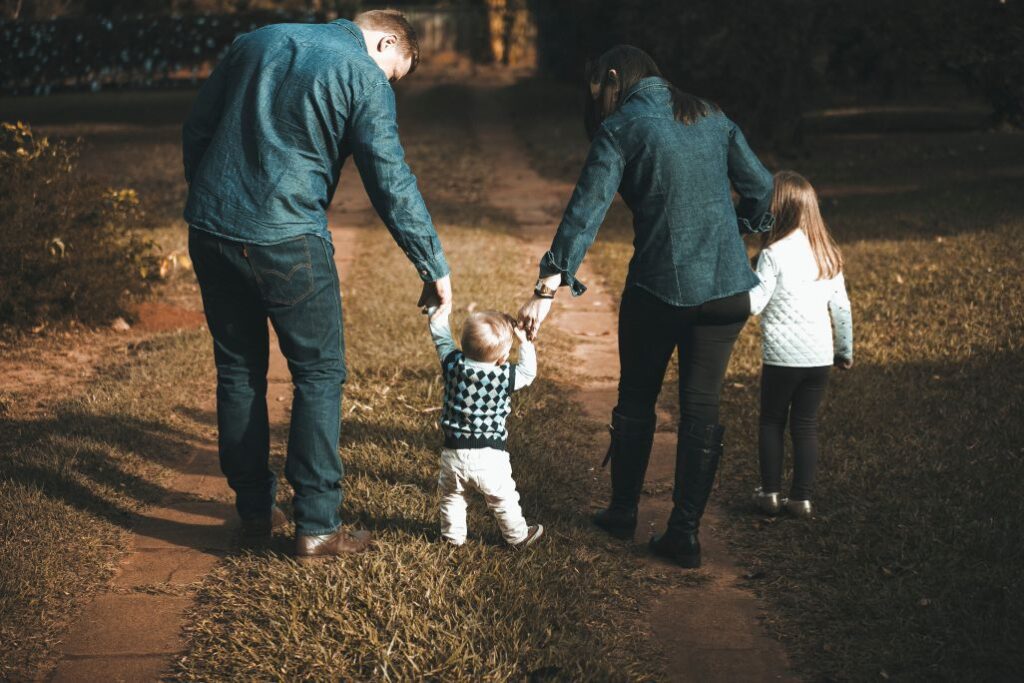Greetings to all the dedicated parents out there! I’m Amy, a mother of two and the co-founder of AmyandRose.com. Parenting is an adventure filled with love, challenges, and learning. Today, I want to explore a sensitive yet crucial topic: the lifelong effects of being the favorite child. Let’s dive in with empathy and understanding.
Table of Contents
Understanding Familial Favoritism

Defining Familial Favoritism
- Familial favoritism is a consistent pattern of preferential treatment towards one child. It’s more than a passing phase; it’s a dynamic that shapes family interactions over time.
Roots of Favoritism in Families
- Favoritism can originate from various sources: shared interests, personality similarities, the child’s compliance with parental expectations, or even a parent’s unresolved childhood issues.
Psychological Theories Behind Favoritism
- Attachment theory suggests parents may bond differently with children based on their temperament. Birth order theory explores how a child’s position in the family impacts parental attention. Family systems theory examines how each member’s role contributes to overall dynamics.
Read: Parenting for a Greener Future: How to Shrink Your Carbon Footprint
Short-term Effects on the Favorite Child
Boost in Self-esteem and Confidence
- The favorite child often experiences a boost in self-esteem and confidence. They receive consistent affirmation and praise, which can positively impact their early development.
Access to Opportunities
- Favored children typically receive more resources, whether better educational opportunities, support for extracurricular activities, or more one-on-one time with parents.
Impact on Sibling Dynamics
- Favoritism can create a rift between siblings, leading to jealousy, rivalry, and strained relationships.
Long-term Psychological Effects
Creating Unrealistic Expectations
- The favorite child might develop an inflated sense of self-importance and unrealistic expectations for success and recognition.
Risk of Developing Narcissistic Traits
- Continuous preferential treatment can foster a sense of entitlement and self-centeredness, traits associated with narcissism.
Challenges with Adversity and Criticism
- Sheltered from failure or criticism, these individuals might struggle when faced with real-world challenges, rejection, or negative feedback.
According to BBC, the perception of being the favorite child can lead to intense sibling rivalries and fundamentally shape the personality of the least-favored child.
Social and Relational Impacts
Lasting Effects on Sibling Relationships
- The favoritism dynamic can leave a lasting mark on sibling relationships, often carrying into adulthood with feelings of resentment and unfairness.
Forming Balanced Relationships
- The favorite child may have difficulty forming relationships where they are not the center of attention. They might expect or demand special treatment in friendships and romantic relationships.
Professional Relationships and Team Dynamics
- These individuals may find it challenging to work in environments where they are not the primary focus, impacting their ability to collaborate effectively.
Comparative Analysis with Non-Favored Siblings
Resilience in Non-Favored Siblings
- Non-favored siblings often develop resilience and independence, learning to navigate challenges without constant parental intervention.
Emotional and Psychological Consequences
- They may struggle with inadequacy, resentment, or low self-esteem due to the perceived lack of parental affection or attention.
Read: Walmart Strollers with Car Seat
Coping and Mitigating Negative Effects
For the Favored Child
- Recognizing the impact of favoritism is crucial. Self-awareness, therapy, and developing empathy can aid in overcoming the negative effects.
Strategies for Parents
- Parents can work to recognize and mitigate favoritism by consciously spending equal quality time with each child, celebrating each child’s unique qualities, and being mindful of their own biases.
Therapeutic Interventions
- Family therapy can be beneficial in addressing the impacts of favoritism, helping each family member understand and process their feelings.
Case Studies and Personal Narratives
Through AmyandRose.com, I’ve encountered numerous stories highlighting the diversity of experiences related to being the favorite child. These narratives reveal the complexity and far-reaching impacts of familial favoritism.
A Purdue University study reveals that while many parents have a favorite and least favorite child, children often misidentify who the favored child is. This misconception and the reality of parental favoritism can have lasting mental impacts on both parents and adult children.
The study, spanning 20 years, found that adult children were wrong about their parents’ preferences 60% of the time. This mismatch in perceptions can lead to decreased psychological well-being in parents if they receive care from a non-preferred child and can also intensify sibling rivalries and personal mental health challenges.
Conclusion
The role of the favorite child is laden with complexities. For parents, it’s vital to strive for balance and awareness in our parenting. For those who grew up as the favorite, there’s potential for growth and understanding. Remember, each child is unique and deserving of our unbiased love and attention.
Read: How to Use Podcasts to Enhance Your Child’s Learning and Development













